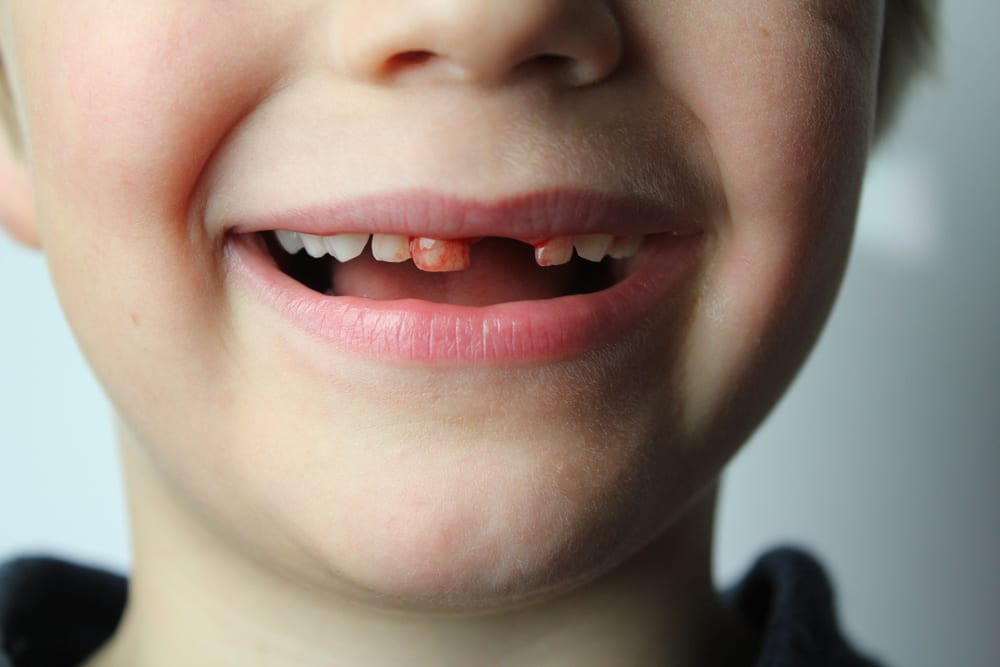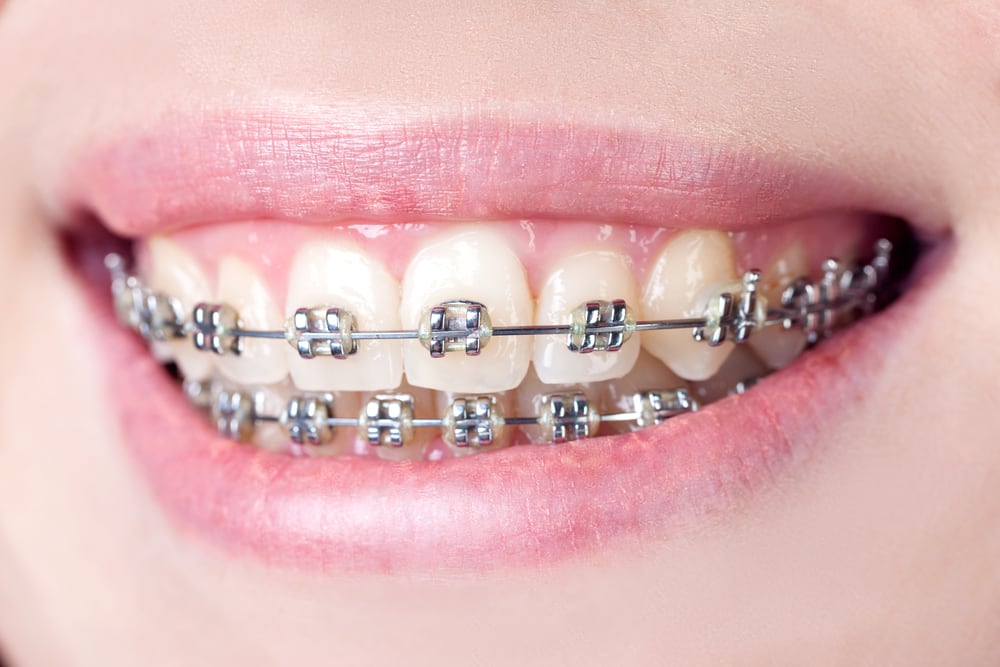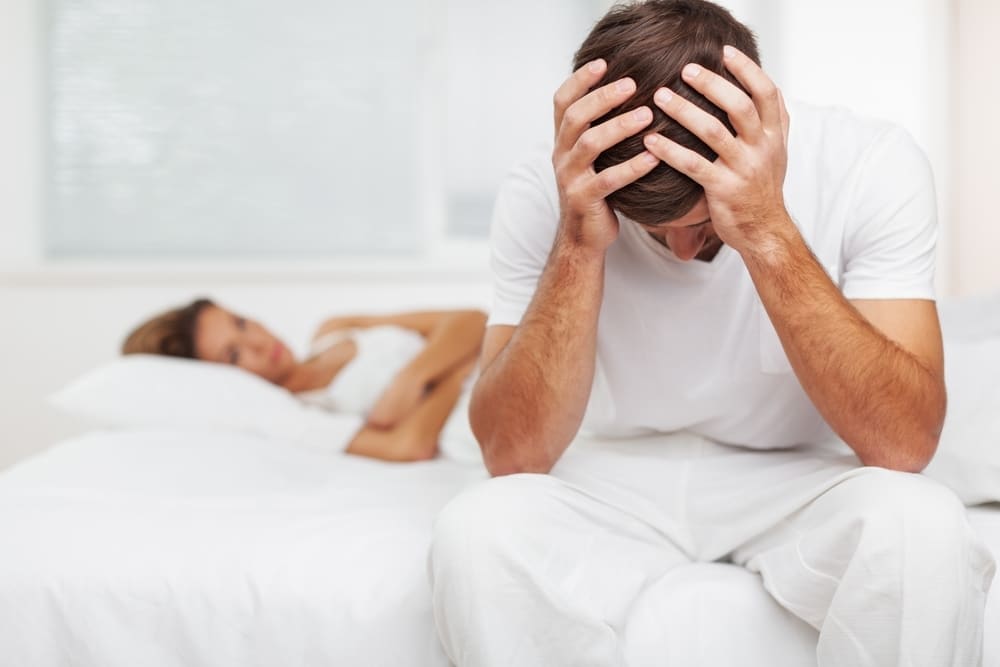Contents:
- Medical Video: Why it Pays to Be Hungry | Les Brown | Goalcast
- Why eating before bed is not healthy
- Then why can you wake up immediately hungry?
- 1. Hypothalamus, center of appetite
- 2. The hormone insulin
Medical Video: Why it Pays to Be Hungry | Les Brown | Goalcast
Have you ever felt very hungry when you wake up even though you have eaten before going to bed? If ever, maybe you will wonder why this can happen. And, should you be worried?
Of course, all you need to know is, even though getting up in the morning hungry and stomach rumbling is a natural thing to happen, however, you still have to find out the cause; because it might indicate that there is a problem in your digestive system.
Why eating before bed is not healthy
Eating at night just before you go to bed is not recommended, because it is the same as you speed up your "breakfast" time and leave your stomach empty for a long time.
For example, you sleep at 10pm and wake up at 5am; this means you leave your stomach empty for 7 hours. In fact, your body will work optimally if you get food intake every 3 hours. Moreover, even though your body is asleep, your body will continue to work hard to repair damaged cells and muscles so that the body still needs energy or fuel while sleeping.
For that, right before going to bed is not a good time to eat because it will disrupt your body's digestive system and can make you experience weight gain and wake up hungry.
Then why can you wake up immediately hungry?
Here are scientific reasons why you wake up in the morning hungry after eating late at night:
1. Hypothalamus, center of appetite
Appetite and hunger that arise in you are regulated by the hypothalamus in the brain. The "center of appetite" in the brain will later consolidate and analyze neurological, hormonal, mechanical and psychological signals; it is this complicated mechanism that controls your appetite including the effects of meal time. And without you knowing, eating late at night turns out to provoke physiological changes that will increase hunger the next day.
In addition, the appetite center also plays a role in responding to your blood glucose levels and your body's hormones such as ghrelin, leptin and thyroid hormones. Fluctuations in hormones and blood glucose levels will also affect your appetite. For example, blood glucose levels drop or an increase in the hormone ghrelin will stimulate hunger; while an increase in glucose levels or leptin hormone will suppress your appetite.
2. The hormone insulin
The hormone insulin can also affect your appetite. Insulin is a hormone produced by the pancreas in response to the food you consume. Insulin will stimulate cells in the liver, fat tissue and muscles to absorb glucose and then burn it to become energy for the body or store it for the body's energy reserves. When insulin makes your glucose levels go down, the pancreas and adrenal gland will produce counter-regulatory hormones, such as glucagon and epinephrine.
The centers of appetite in your brain are stimulated by decreased glucose levels and counter-regulation hormones that will make you feel hungry again. Thus, the more pancreatic insulin your body produces in response to the food you consume, the greater your potential to feel hungry again.
When you eat right before going to bed (especially eating foods that are rich in sugar and carbohydrates), your body will produce a lot of insulin from the pancreas. Once finished, the insulin will push glucose into your body's cells, and this process will continue even if you sleep.
As long as you fall asleep, there will be a continuous decrease in your blood glucose which will then stimulate the release of counter-regulatory hormones, causing stimulation in the center of your appetite. So because of the process, it is not surprising that when you wake up in the morning you will feel very hungry; unless you wake up in the middle of the night and eat to get rid of your sudden hunger.
So, are you still curious why you feel so hungry when you wake up even though at night you have eaten a lot?












